7 Grocery Swaps That Save Shoppers Over $100 Amid Rising Prices
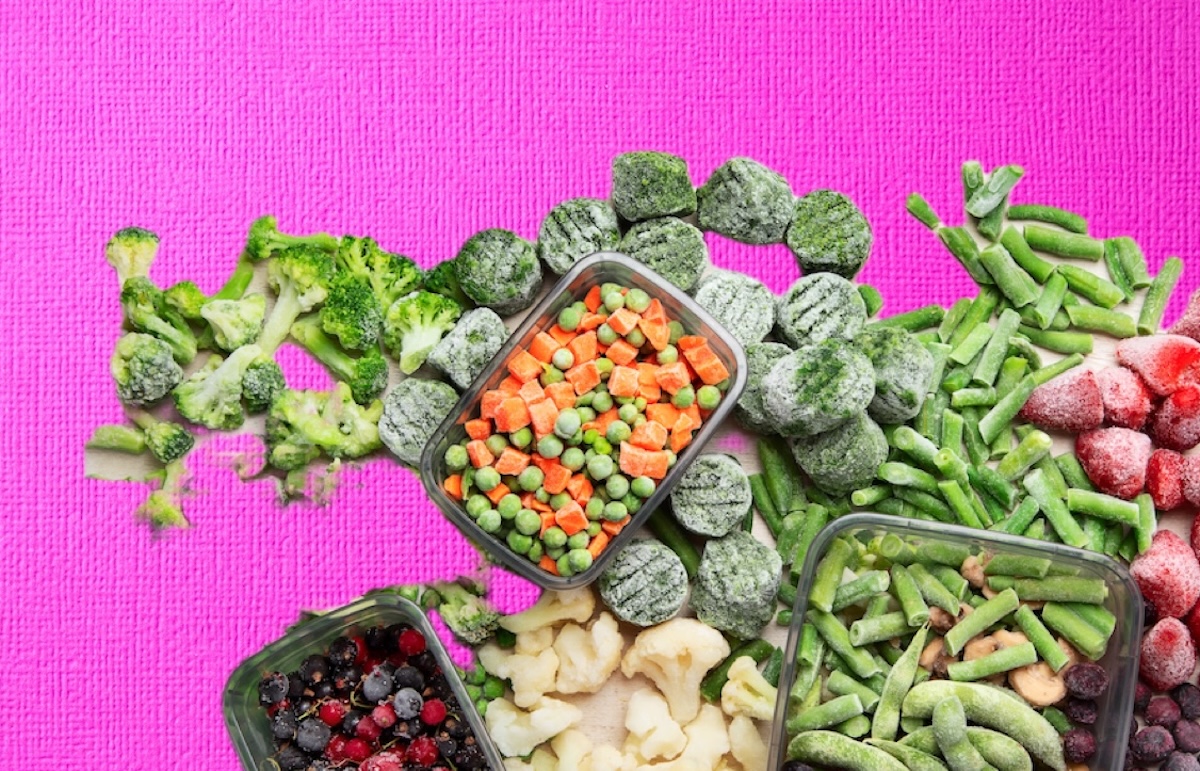
Grocery prices remain high, and the current situation with international tariffs is adding to the uncertainty. That being said, savvy shoppers have figured out a few tricks to save hundreds of dollars on staple ingredients, and you don't have to feel deprived by doing it. By making a few simple swaps, you can enjoy delicious, healthy meals without breaking the bank. So where can you save money while still filling the pantry? Here are seven smart grocery swaps every shopper should try to save $100 or more.
Uncooked Beans vs Canned
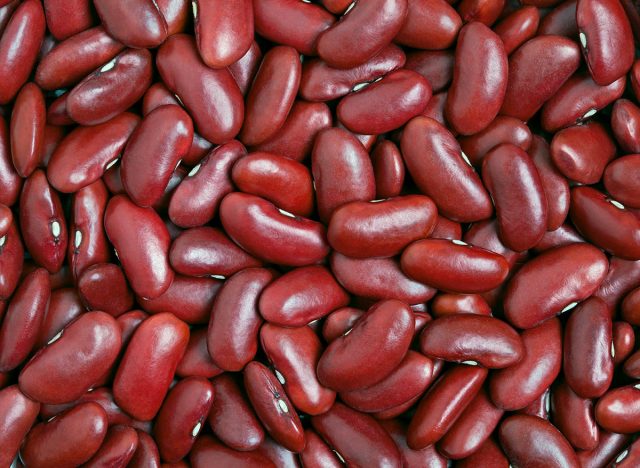
You can save a significant amount of money buying bags of uncooked beans vs canned ones. "I'll make a bunch and then freeze them. They cook nicely from frozen and have been helping me get more beans in my diet and saving money. I'll soak the whole bag from the store overnight and have 2 pots going on the stove to boil them. Then let them cool, put into freezer ziplocs but not too full, and then freeze. Repeat after they've all been eaten," one Redditor said.
Pancakes Made From Scratch
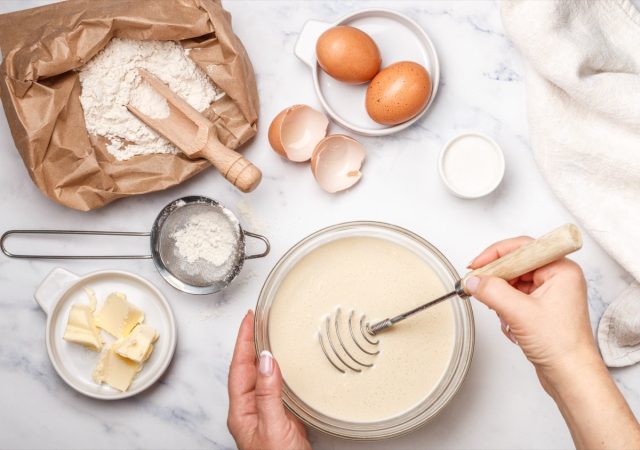
Making your own pancakes with real ingredients is cheaper than buying pancake mix. "Probably learning to cook is the answer. For example, paying $5 for pancake mix when you can just make real pancakes for $1. Chicken thighs, not bags of chicken nuggets. Etc . We'd have to know more about what you're buying," one shopper recommended.
Unpopular Vegetable Cuts
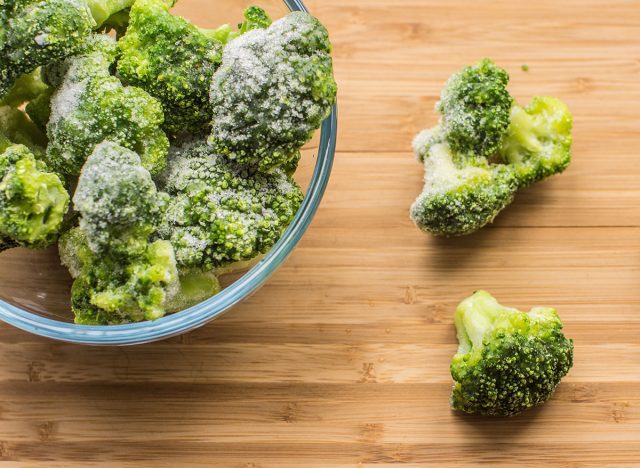
Being open-minded about vegetable cuts can save you a lot of money. "Frozen, less desired cuts of certain veggies are cheap and can be great if you know what to do. Broccoli cuts are one example that aren't really great as is, but if you use them to make cream of broccoli soup it's a cheaper alternative to buying fresh florets that you may not use in time," one shopper suggested.
Frozen Foods
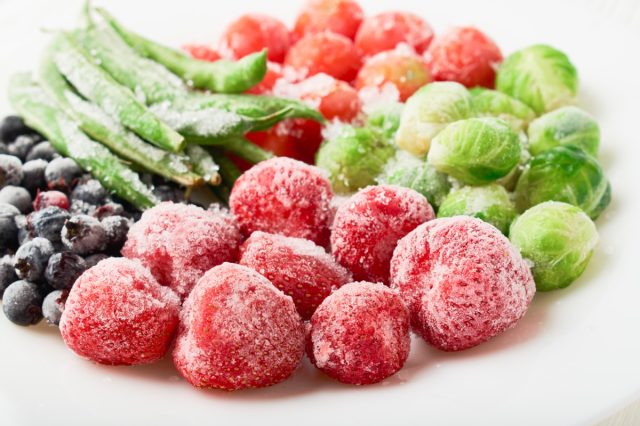
Pick frozen whole foods, not frozen processed foods to save money and support a healthy lifestyle. "Absolutely nothing wrong with frozen whole foods and they're likely to be cheaper than fresh. Frozen produce often actually retains more vitamins than fresh bc of the flash freezing process. Processed frozen foods are where diet and budget get out of whack," one Redditor recommended.
Stock Up on Meat
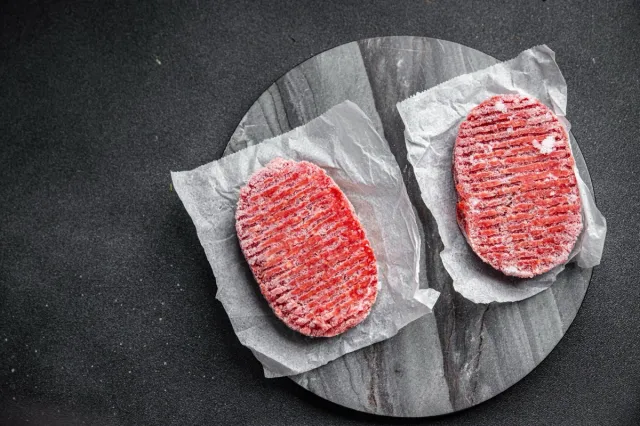
If meat is on sale, buy as much of it as possible and store it correctly, instead of shopping for meat every week, which can cost a lot more. "For beef, buy it on sale and freeze. Use a vacuum sealer, or Ziploc bags without air, or tightly wrap with plastic wrap. Freeze into manageable portions," one shopper said.
Buy In Bulk
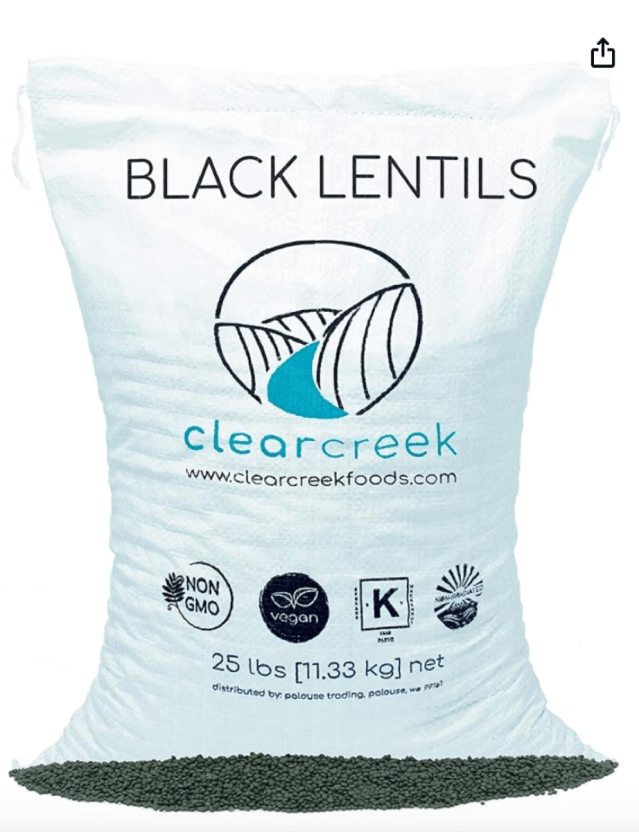
Buying one large container vs several smaller ones can save you money, savvy shoppers say. "Get a 25 lb bag of black beluga lentils on top of that. Makes a complete protein by complementing with rice. I like to make a batch of about 1-2 cups of dry lentils which more or less doubles. Season with red chili flake, ground black pepper, and if you have it some garlic and/or onion. You can leave the salt out entirely if you're being healthier, or add a reduced amount," one shopper said.
Cheaper Proteins
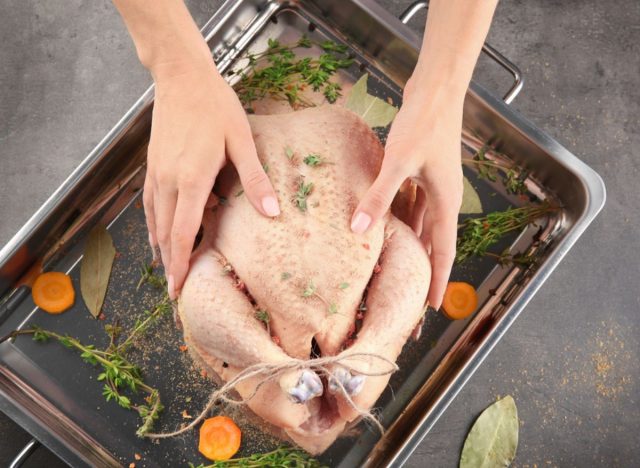
Beef is by far the most expensive protein, but pork is a fantastic deal if you know how to cook it, as is poultry. "I'd swap the red meat for poultry, especially if you're going high protein for health reasons. You can buy an entire turkey for the cost of one steak, it'll feed you for a week instead of a day," one shopper recommended. Cook it, freeze what you can't eat in the next couple days, and thaw as needed.









